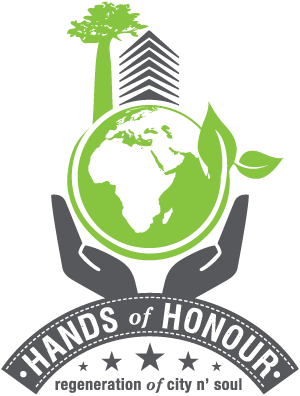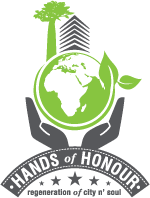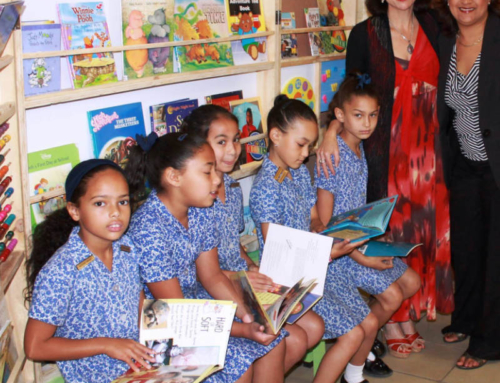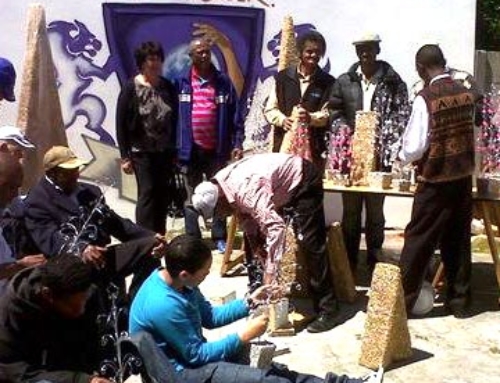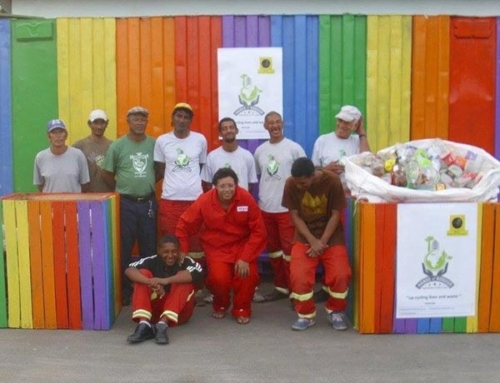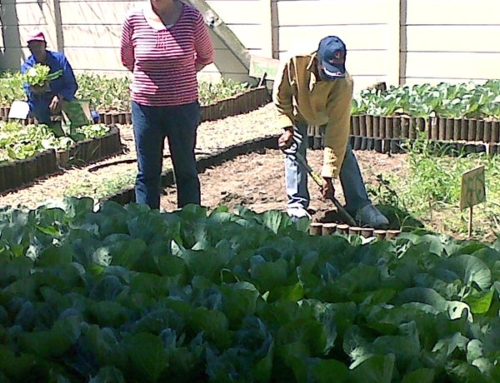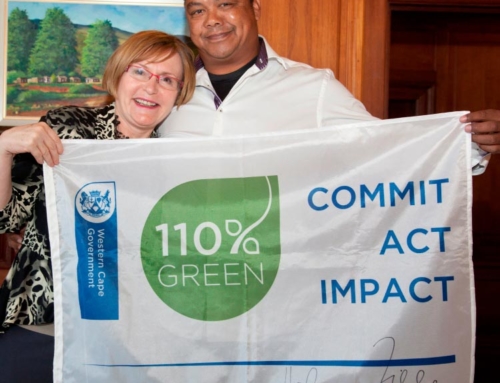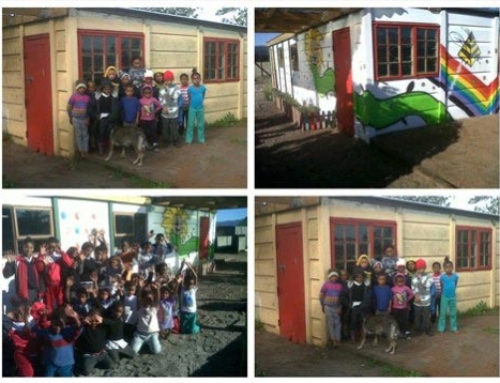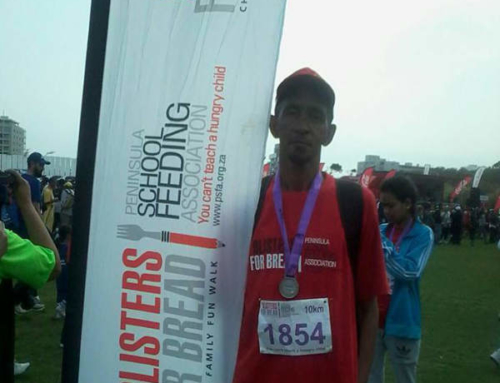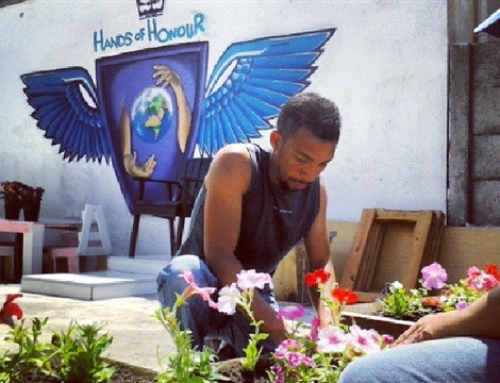It took me four hard years to transform a couple of dozen ”soup kitchen loafers” into a force for the greater good, says Paul Talliard, founder of Hands of Honour.
Up to three generations of unemployed men are languishing in Soup Kitchens all over Cape Town. Many of these men also participate in anti-social activities. In many cases we found up to three generations of the same family present in the same Soup Kitchen. That would be the grandfather, son and grandson. This is an intolerable situation which breeds welfare dependence and does not bode well for the future.
Our solution
Hands of Honour’s solution is creating employment through partnering with corporations through upcycling their obsolete stock.
Corporations ask us to collect their obsolete stock/waste or anything deemed junk by them. Our unemployed men upcycle the obsolete stock into some of value. Fifty percent of the profits are used for salaries whilst the other fifty percent is used to fund a project that uplifts poor communities. We specialise in transforming a negative space used to anti-social activities into a safe and attractive haven that benefits our community.
How it works
Hands of Honour employs individuals languishing in soup kitchens, to upcycle obsolete stock and recyclable items. Much of this waste is provided through partnerships with the corporate sector and would otherwise end up in landfills. Workers process the waste, either rehabilitating material or stripping goods for sale of parts. Fifty percent of the profits are used for salaries while the other fifty percent is used to fund projects that lift up struggling communities.
The Hands of Honour upcycling programme addresses three problems in Cape Town:
- Prolonged unemployment
- Physically run-down spaces that bring down ‘communities
- Effective management of obsolete stock / recyclable waste
Proceeds from this have two benefits:
- Provide salaries for workers who otherwise have no work options available to them
- Profits are invested in derelict community spaces, focusing on public spaces which have become havens for anti-social behaviour.
Hands of Honour brings together three best-practices:
- While ‘upcycling’ or reusing waste materials has been done informally by waste pickers scouring the dumps, the organisation works directly with the waste generators to formalise this process, representing something new in South Africa. Corporations are the main ‘donors’ of obsolete stock/waste to the organisation, donating rather than disposing of their waste.
- Hands of Honour’s Job Training Programme provides skills and confidence to those members of society who have ‘checked out’. This both increases employment and rehabilitates the workers
- This process funds urban renewal initiatives, focusing on those areas that are identified by the community as being flash points for crime.
Taken together, these elements result in a programme that can sustain itself and contribute to a greener city, job creation and reclaiming derelict urban spaces.
